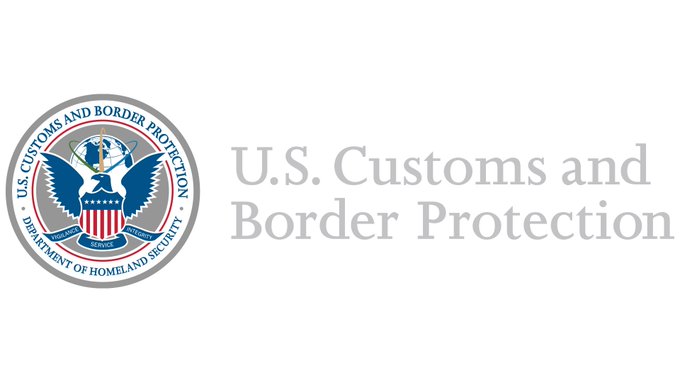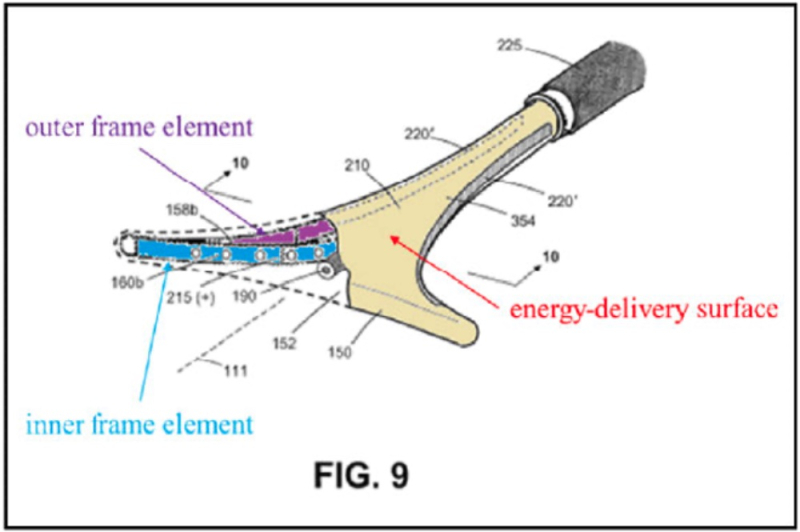Legislation Aimed at Fixing Injunctive Relief Would Only Codify eBay
“In order to restart our startup engine, patents held by investors and NPEs must be as valuable as the same patents held by startups. This means that injunctive relief must be the default remedy for all patent holders, regardless of whether they have a product on the market or not.”
In 2015, China launched its 2025 Initiative listing all the technologies and industries it wants to control by 2025. So far, they have been successful in leading 37 of 44 technologies critical to economic growth and national security. The nation that dominates these technologies will determine the fate of all nations. In the past, the United States led the world in technology, but today it is China. How did this happen?
This damage was caused by a series of big hits by the courts, congress and the U.S. Patent and Trademark Office (USPTO). The first big hit was eBay vs. MercExchange (eBay) in 2006. In order to obtain an injunction, a patent holder must prove that they not only have a patented product on the market, but also the ability to distribute that product. eBay let loose massive predatory infringement, killing off startups, the biggest competitive threat to Big Tech and many other industries. Consequently, it is no surprise that Big Tech companies monopolized the market after eBay.
eBay Unleashed Massive Predatory Infringement
Unfortunately, huge corporations have huge pockets and when faced with the choice of losing the market or facing a lawsuit, they will steal patented technology and, using their massive resources, flood the market with infringing products, running the startup out of business. They know that if they steal it, they keep the market. While they may face a patent infringement lawsuit, their resources allow them to litigate the inventor into submission without the risk of ever losing the market.
Many startups with superior technology would have posed a real threat to these huge corporations, but without injunctions, these startups were unable to compete. This is a significant factor that led to monopolization of the market by Big Tech companies.
Injunctions Enable Patents to be Valued for Early-Stage Investment
Inventors seek investors who know the field of the invention and are willing to invest in startups. Generally, these investors are called angel or seed-stage investors.
At the earliest stages of new business formation, when a new technology has been invented but not yet commercialized, patents are often the only asset capable of being collateralized for investment.
If the inventor successfully convinces investors that the invention has actual market potential, investors will value the patent for their own benefit, not for the inventor or the startup. This is because if the startup fails and the investor gains ownership of the patent, it must return on their investment.
The patent’s value determines the maximum amount that can be safely invested. A patent’s value is based on a percentage of the value of the future market that the invention creates. The bigger the market, the more valuable the patent. At this early stage the invention is not yet on the market, so the invention’s future market value must be projected.
Valuing any future market relies on free-market economic principles. The very foundation of a free market is a willing buyer and a willing seller who establish a price. However, when a patented invention is stolen, only an injunction can ensure that there is a willing buyer to purchase it and a willing seller to sell it.
eBay has made it extremely difficult to obtain injunctions. Instead of projecting a future market value, investors are left to speculate on potential future damages awarded by a court, which, of course, is impossible to project. If investors cannot value a patent, they will not invest.
The real effect of eBay is that it has destroyed investment into early-stage startups.
The Secondary Market for Patent Assets
If an infringer causes the startup to fail, the investor ends up owning the patent. There are two choices to get the investment returned. The first is to sue the infringers who ran the startup out of business, which entails a lengthy and costly legal battle that could last up to 10 years costing millions of dollars. Most investors do not want to do this. Instead, they prefer to sell the patent to recover part of their investment allowing them to continue investing in startups.
Before eBay, there were entities who bought patents from failed startups and their investors to build portfolios of similar patents. Sometimes infringers would acquire portfolio rights without litigation, and in some cases legal action was necessary to enforce the patents. These companies are often referred to as NPEs (non-practicing entities).
NPEs provided an efficient method for investors to convert patents back into cash thereby recovering the investment. Investment into early-stage startups is encouraged because early-stage investors can very quickly sell patents instead of being caught up in litigation. NPEs become proficient at licensing and litigating patent portfolios, which creates judicial efficiency by minimizing the number of patent infringement lawsuits.
Inventors, investors and NPEs make up the secondary market for patent assets. This secondary market encourages investment into high-risk startups with new technologies. Without it, these startups do not get their first funding.
Patent Value Must be Consistent Throughout the Secondary Market
After eBay, a patent owned by a startup with a product carries a higher value compared to a patent held by investors or NPEs. This is because the startup has the potential to obtain an injunction if it can survive infringement and still grow fast enough. But investors and NPEs never will because they will never have a product.
Investors value a patent at what it brings to them. Since a patent owned by an investor cannot earn injunctive relief, it is valued less than if it is owned by the startup. This downstream devaluation means its investment value is significantly lower than its actual value. Because many startups require significant early-stage investment in order to compete with large corporations, downstream devaluation results in insufficient funding for startup to successfully compete, potentially leading to their failure.
In order to restart our startup engine, patents held by investors and NPEs must be as valuable as the same patents held by startups. This means that injunctive relief must be the default remedy for all patent holders, regardless of whether they have a product on the market or not.
Past Legislative Proposals Effectively Codify eBay.
Past attempts to address eBay have involved proposals that would add a sentence or two to Section 283 stating that an infringed patent should have a presumption of irreparable injury. See, for example, The STRONGER Patents Act of 2019 and the Inventor Protection Act.
This kind of language simply codifies eBay. When investors or NPEs sue for patent infringement, the presumption of irreparable injury will be challenged by infringers arguing that the patent holder does not have a product on the market, so all they are really seeking is monetary damages. The courts will almost certainly find that the injury is therefore reparable via monetary damages and will not issue an injunction.
We are left with the same problems eBay created, making early-stage startups largely uninvestible.
The Patent System Must be Directed to Starting Up Startups.
eBay did enormous damage, devaluing patents across the board, opening the floodgates to massive predatory infringement, and creating variability in the value of a patent based on its owner, all of which hinders investment in early-stage startups.
As a result, investment into startups with technologies critical to our economic growth and national security declined significantly. It also caused a rapid increase in patent infringement lawsuits by investors and NPE’s (nefariously called Patent Trolls by Big Tech), which became the political foundation of the America Invents Act of 2011 and its creation of the Patent Trail and Appeal Board (PTAB), an administrative tribunal killing 84% of fully adjudicated patents.
If the role of the patent system is to foster innovation, its focus must be directed to encouraging investment in startups that are developing new critical technologies, because this investment is what starts up startups.
This early-stage investment can only come if the secondary market for patents is working. For that, injunctive relief must be a default remedy upon a finding of infringement for inventors, startups, investors, and anyone else who acquires the patent later.
Without default injunctive relief, startups fail to take off and our innovation engine decelerates, allowing other nations, including our adversaries like China, to out-innovate us. This compromises our economic growth and national security.
Image Source: Deposit Photos
Image ID: 211387722
Author: Casimiro_PT






